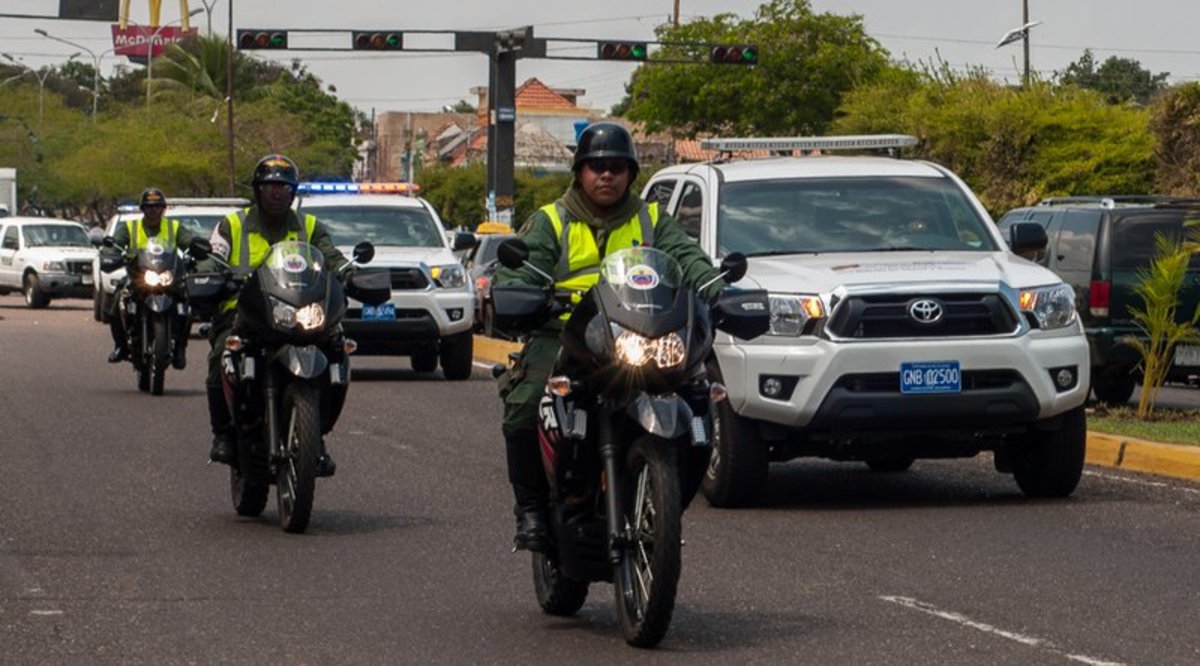
It appears that the Venezuelan authorities have had enough of Bitcoin.
Over the past two weeks, police in the Latin American country arrested eight Bitcoin miners in three different cities. While some of them were accused of cybercrime and stealing energy, others were merely selling ASIC hardware. In addition to that, the country’s main exchange — Surbitcoin — had to halt operations, as the company’s bank closed their account.
While the country’s economy is in a state of turmoil, and the national currency — the bolivar — has been in hyperinflationary free fall for some time, the socialist regime in the Latin American country subsidizes electricity to the point where it’s almost free. As covered in a popular article published on reason.com last November, this has made Bitcoin mining popular among some tech-savvy Venezuelans. Even yields from older, secondhand hardware can provide a lifeline to order food products and medicines from outside of the country.
There is no official law against Bitcoin mining in Venezuela, and using the digital currency is legal too: travel agency Destinia even decided to ditch the bolivar and exclusively accept bitcoin. Regardless, as the country has been plagued by scarce electricity and regular blackouts, it appears that (ab)using the cheap energy for the purpose of Bitcoin mining does not go down well with local authorities.
In what was the biggest bust of the past couple weeks, the Policía Nacional Bolivariana (PNB) raided a warehouse in Valencia, the third-largest city in Venezuela. As reported by reason.com, the building hosted 11,000 ASIC miners, which allegedly consumed enough energy for an entire village. The arrested duo has been accused of stealing electricity, but also of cybercrime, financing terrorism and exchange fraud.
In a separate case that same week, four people operating over 300 ASIC machines were arrested by agents from the Cuerpo de Investigaciones Científicas, Penales y Criminalísticas (CICPC) in the relatively small town of Charallave. Somewhat similarly, these four suspects were charged with electricity theft and internet fraud, Spanish-language Bitcoin news site CriptoNoticias reported. According to the director of the CICPC, the miners had affected “the consumption and the stability” of electricity service in Charallave, reported reason.com.
And, perhaps the most notable case, the PNB also arrested two men from Caracas. As opposed to the other suspects, these men were not themselves mining Bitcoin. Rather, they attempted to sell mining equipment through MercadoLibre, an online marketplace. It is currently not clear what these men were arrested for exactly.
And to top it off, Venezuela’s biggest bitcoin exchange, Surbitcoin, had to halt operations as well. According to Surbitcoin, the exchange received a notice from their bank Banesco on February 2 that their bank account would be closed the next day. The exchange says it is establishing a new commercial structure to prevent situations like this one in the future, and in the meantime recommends customers use LocalBitcoins. Perhaps unsurprisingly, trading volume on LocalBitcoins broke records last week, with 1.12 billion bolivars’ (approximately $337,000) worth of bitcoin exchanged.
While it seems that Venezuelan authorities have increased the pressure these past two weeks, it is not the first time Bitcoin miners were arrested in the country. About a year ago, a Bitcoin miner was arrested and jailed for three months on charges of electricity theft. Unsurprisingly, most Venezuelan miners therefore keep their operations relatively small and hidden from authorities.









